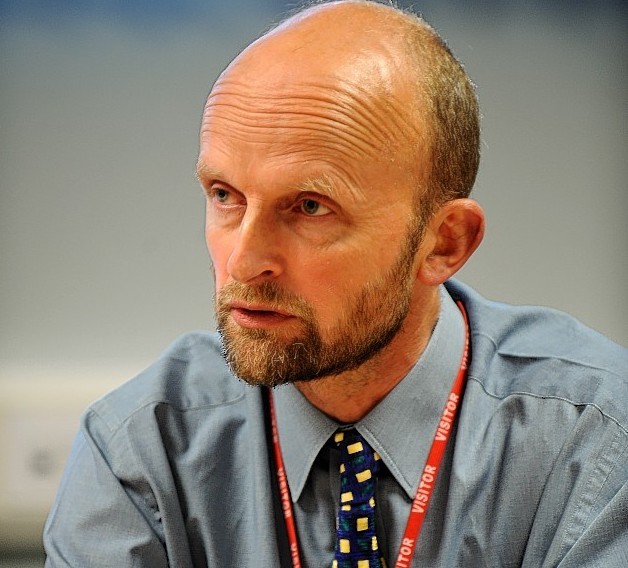A former Highland police chief has condemned “centralisation” of the force, claiming it has lost its ability to communicate.
Former Caithness area police commander Matthew Reiss – now an independent councillor – joined Highland Liberal Democrat Jamie Stone in expressing the frustration in a debate about police use of council CCTV yesterday.
Mr Stone sought clarity over procedures but struggled to get answers.
He claimed communication was more difficult “because the ultimate lords and masters are far away” and rued the loss of the police committee which gave members access to a local chief constable.
Mr Reiss agreed, saying: “You’ve now got a chief superintendent who answers to someone in the central belt. My experience of both the police and the fire service is that the answer that tends to come out of the central belt is not in plain English.”
He cited an example of the arming of police officers, saying it was “almost impossible to get a straight answer out of Police Scotland” on the issue.
Audit and scrutiny committee chairman Richard Laird, an SNP member, defended the reforms, arguing that there was now greater scrutiny of the police.
Regional police commander, Chief Superintendent Philip MacRae, said: “Engagement with every layer of government is a vital part of our commitment to local policing and helps shape our policing approach in our very unique local communities in the north.”
A spokeswoman for the Scottish Police Authority added: “In the early days there were tensions around well intentioned efforts to end a postcode lottery of access to policing services but over the last 18 months there’s been a significant reinforcement that services are local wherever possible.”
Deputy Assistant fire Chief Officer Andy Coueslant said local engagement had equally been strengthened in regard to his service.
“It’s now a requirement for our senior officers to regularly meet with all Scottish local authorities to report on our performance, which we embrace.”
A spokesman for the Scottish Government insisted it was “committed to strengthening the community focus of policing.”
